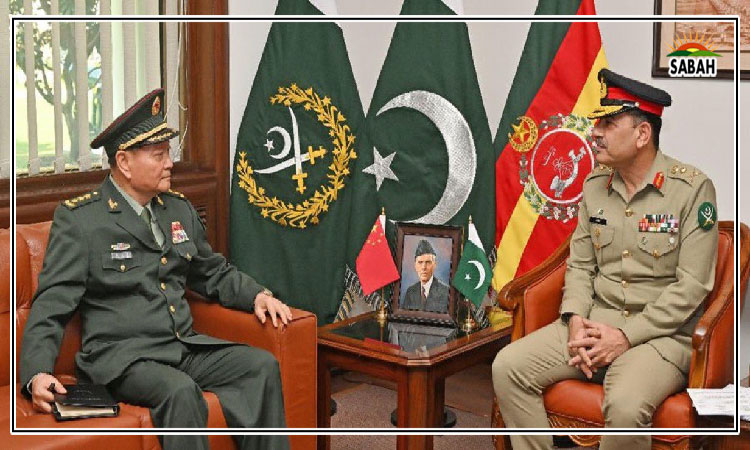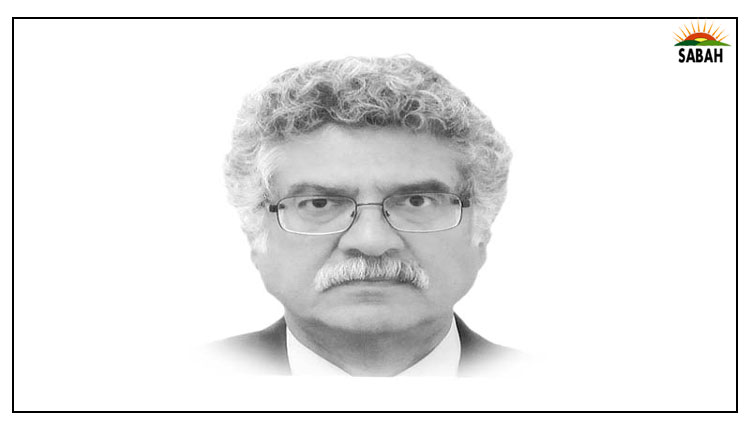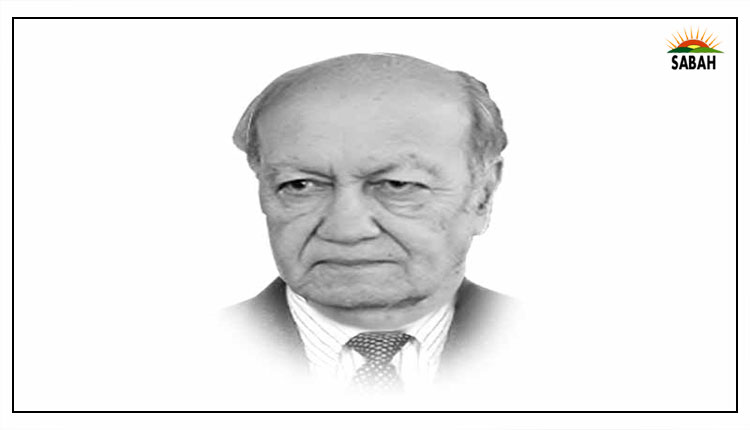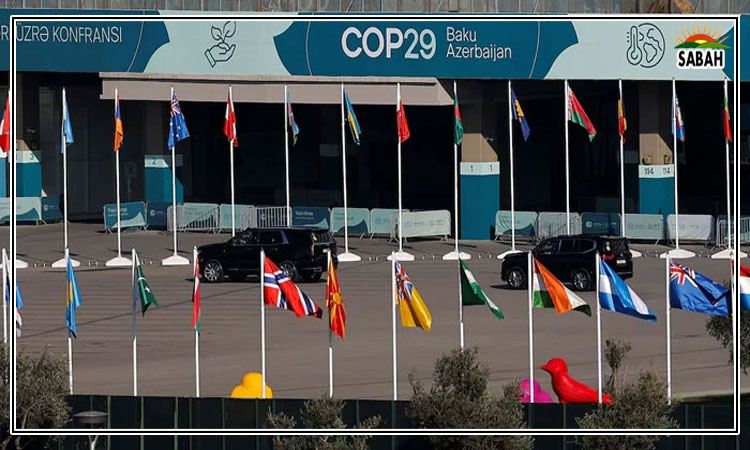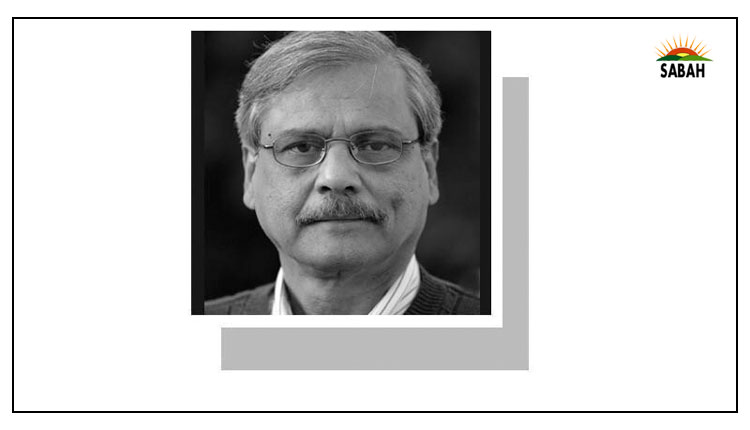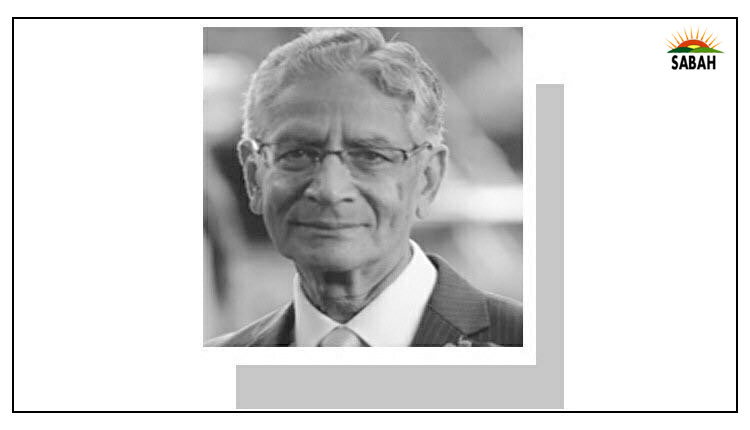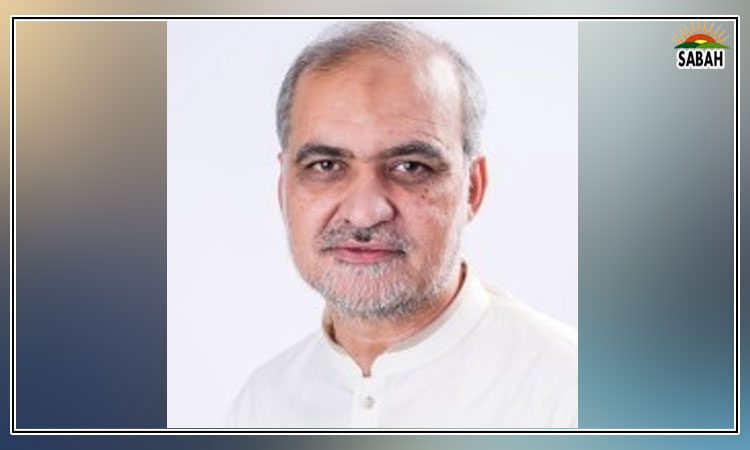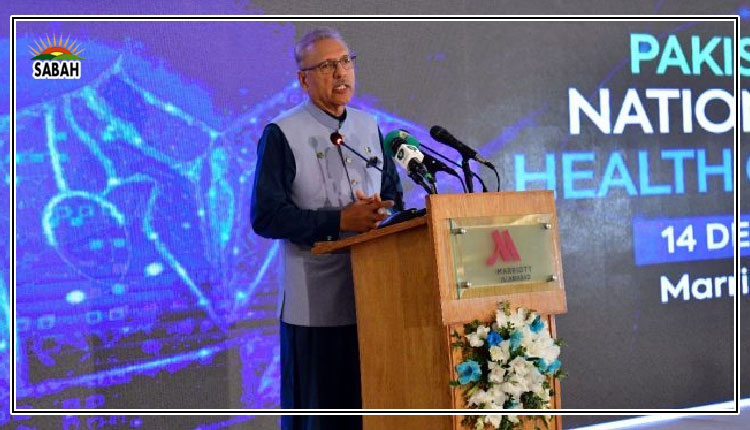Telehealth key to provide low cost & quality health services to the masses: President Alvi
ISLAMABAD, Dec 14, (SABAH): President Dr. Arif Alvi has said that telehealth powered by digital and Artificial Intelligence based technologies is key to develop online pharmacies and labs, chatbots and online telephonic help to provide counselling, advise and diagnosis to the masses in the most cost-effective and hassle-free manner, especially to the unprivileged population in the underserved areas.
President Dr. Arif Alvi made these remarks while addressing Pakistan’s Second Digital Health National Conference on Wednesday. The Conference was attended by health professionals, IT experts, Doctors, scholars and others.
President Dr. Arif Alvi said that Pakistan was facing many challenges in the health sector, which included lack of medical professionals, poor infrastructure, high cost of health services, and lack of medical facilities in the rural areas, besides insufficient allocation of funds in the health and education sectors.
He said that these problems faced by the nation could be significantly handled by bringing in Artificial Intelligence driven telehealth and digital health initiatives which would augment our health system without incurring substantial cost by providing health services through virtual hospitals, clinics, diagnostics and promoting preventive mode of treatment which will substantially reduce the burden of diseases in the country.
President Dr. Arif Alvi said that the incidence of Hepatitis in Pakistan was 9% of the total population, which made up around 20 million people whereas in Egypt, the percentage of hepatitis prevalence was 12 to 13% of the total population and it spent 3 to 4 billion US dollars to counter this deadly disease. He said that Pakistan being a poor country could not completely provide curative treatment but should focus on preventive measures of treatment.

He said that Pakistan handled COVID-19 pandemic in a much better manner compared to many countries of the world by creating awareness regarding preventive methods and persistently conveying messages through all media of communication. This best practice should also be copied to counter Hepatitis in country by creating awareness about the use of sterilized equipment and syringes, destroying the used syringes and promoting healthy lifestyle in the masses.
President Dr. Arif Alvi said that the government could lay down laws and policies regarding digital and telehealth platforms for the country but the private sector had to campaign and advocate for such measures and become proactive partners for the implementation of policies and creating user friendly, cost effective and accessible health facilities to reduce the disease burden from country.
He said that it was important that during the conference the leading scholars from all over the country would focus on areas such as tele-medicine models in the government sector, how to create a synergy of telehealth with health insurance, integration of e-pharmacy in E-wallets and providing access and affordability along with reaching out to the masses for healthcare.
Founding President Digital Health Association, Dr. Azfar Malik said that Pakistan Digital health Association represented Pakistan’s health ecosystem and was aimed at assisting the government in developing digital health-friendly policies and fostering cooperation among the stakeholders and the 2nd Digital Health conference was a step in this direction.
CEO Cure MD, Bilal Hashmat gave a detailed presentation on the digital health system and its efficacy for streamlining healthcare in Pakistan. He said that Pakistan was spending almost 4% of its GDP on healthcare whereas World Health Organization (WHO) recommended at least 6% GDP allocation for health care. He said that 60% of the population in the country had limited access to better healthcare facilities. He said that there was a need to improve outcomes in the healthcare sector, reduce costs, improve efficiency, increase consumer engagement and enhance patient care. He said that digital health could easily help improve the healthcare system in Pakistan.


